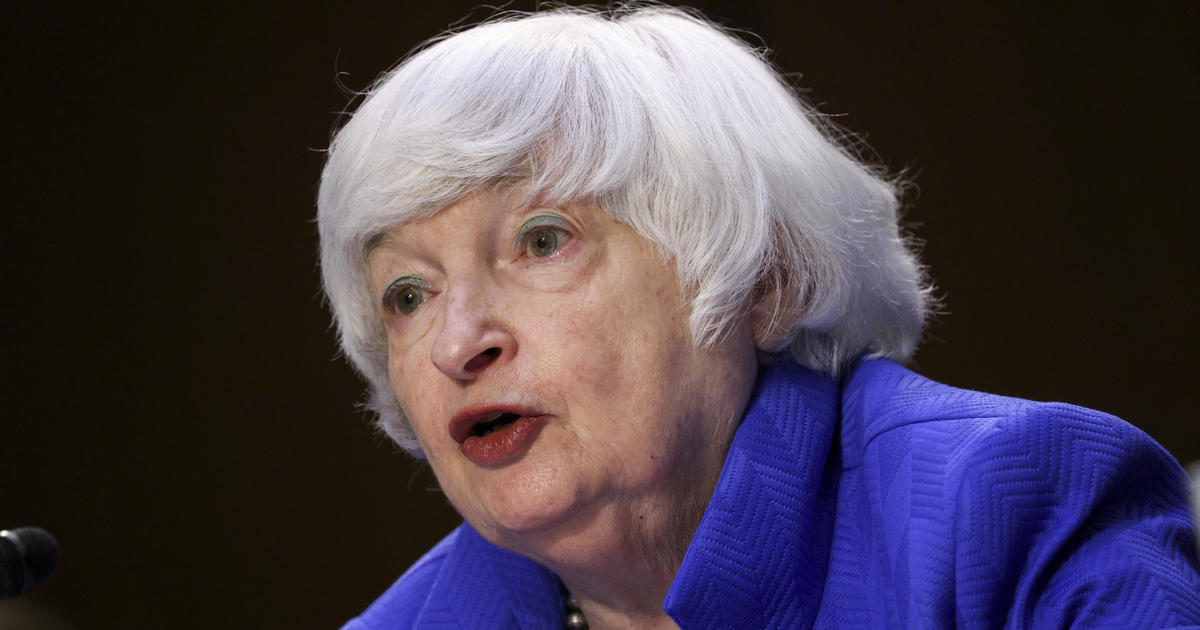
What's inside the Treasury's proposal to track nearly all bank accounts
CBSN
As part of President Joe Biden's plan to crack down on tax evasion by the wealthy, one proposal has proved incendiary: A plan to require banks to report to the Internal Revenue Service several new pieces of information from U.S. bank accounts. It has drawn condemnation from the finance industry and some lawmakers, while stoking fears among ordinary Americans that the government plans to monitor their day-to-day spending.
Under a Treasury proposal issued in May as part of the agency's budget request, banks would be required to note how much money went into and out of an account, excluding any account with less than $600 in flows annually or whose balance is under $600. Individual transactions won't be listed, and officials have said it will not lead to more audits of middle-income Americans.
Despite this, the proposal is still the subject of heated negotiation in Congress. Here's what's included in the plan — and what's not.

Trump's military parade tomorrow isn't the first in the U.S. — but they're rare. Here's a look back.
Washington — President Trump is hosting a parade celebrating the 250th anniversary of the U.S. Army on Saturday, bringing tanks and soldiers to the streets of Washington, D.C., for the capital's first major military parade in more than three decades.

A military parade through the streets of Washington, D.C., is being held to celebrate the U.S. Army's 250th anniversary on Saturday, June 14 — which also happens to be President Trump's 79th birthday. Army officials say about 6,600 soldiers, 150 vehicles and more than 50 aircraft are set to participate.





















 Run 3 Space | Play Space Running Game
Run 3 Space | Play Space Running Game Traffic Jam 3D | Online Racing Game
Traffic Jam 3D | Online Racing Game Duck Hunt | Play Old Classic Game
Duck Hunt | Play Old Classic Game









